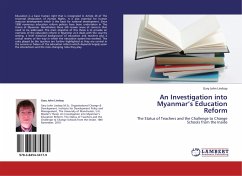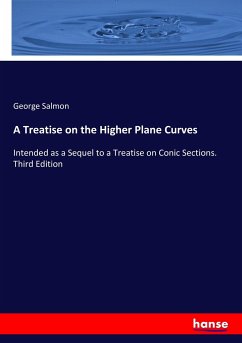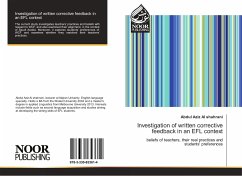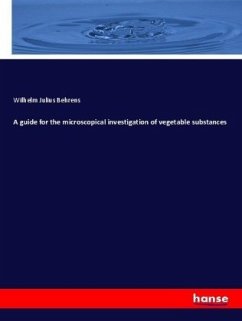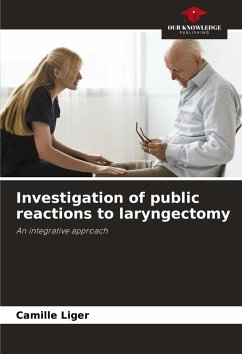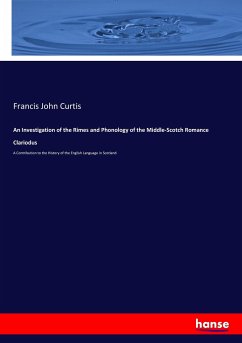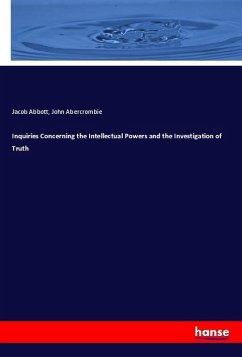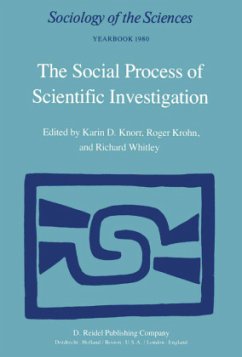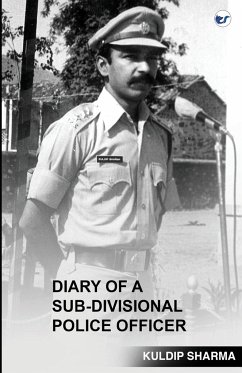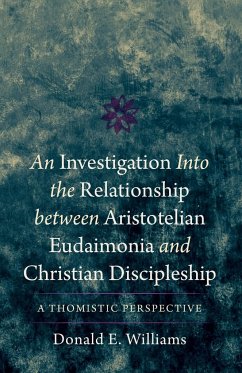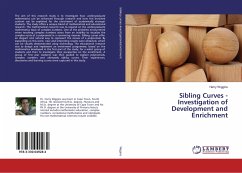
Sibling Curves - Investigation of Development and Enrichment
Versandkostenfrei!
Versandfertig in 6-10 Tagen
43,99 €
inkl. MwSt.

PAYBACK Punkte
22 °P sammeln!
The aim of this research study is to investigate how undergraduate mathematics can be enhanced through research and how this enriched content can be exploited for the enrichment of academically stronger students. The study offers a unique blend of mathematical and educational research. The mathematical research was to expand on the undergraduate mathematics topic of complex numbers. One of the problems encountered when teaching complex numbers arises from an inability to visualize the complex roots of a polynomial in a convincing manner. Sibling curves offer an elegant and natural way to repre...
The aim of this research study is to investigate how undergraduate mathematics can be enhanced through research and how this enriched content can be exploited for the enrichment of academically stronger students. The study offers a unique blend of mathematical and educational research. The mathematical research was to expand on the undergraduate mathematics topic of complex numbers. One of the problems encountered when teaching complex numbers arises from an inability to visualize the complex roots of a polynomial in a convincing manner. Sibling curves offer an elegant and natural way to represent the zeroes of a polynomial. By expanding on this work, new and interesting results were obtained, which can be visually demonstrated using technology. The educational research was to design and implement an enrichment programme, based on the mathematics developed in the first part of the study, for a select group of students and then to investigate their perspective on the enrichment. Agroup of first year students was then guided to explore polynomials, complex numbers and ultimately sibling curves. Their experiences, discoveries and learning curves were captured in this study.



